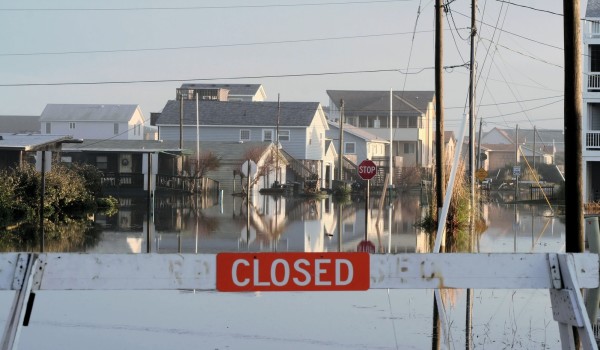- December 14, 2016
- Posted by: Liam Dai
- Category: Uncategorized

Water Backup vs. Flood Insurance
Oh no! Is there anything worse than water rushing into your home and damaging your possessions? While water damage is every homeowner’s nightmare, it is good to know that an insurance policy can help you recover. However, if you’re thinking that your standard homeowner’s policy covers it, think again. In addition, not all water-related damage is the same in the eyes of insurance companies. In this article, we’ll take a look at how you can be sure you’re covered against water damage.
Water Backup Insurance
Water damage to your home is determined in the eyes of the insurer. How you are compensated is dependent on whether a flood was responsible or if your home’s water backup systems were at fault.
If water overflows your sump pump or comes up through your drains, you’ll need to be covered by a specific water backup endorsement to your homeowner’s insurance policy. However, you may be covered if you purchased a package endorsement policy.
Your homeowners’ policy will cover water damage if the cause is determined to be “sudden” and “accidental”. This includes:
- a washing machine that overflows
- failure of heating or air conditioning systems
- burst water pipe.
- stopped/blocked toilet(s)
- a fire-prevention sprinkler accidentally going off
However, there are a number of exceptions to water backup coverage. If water enters your house through cracks, leaks, and/or seepage, you may not be covered, as these are part of routine home maintenance. These exceptions also include freezing.
While it is beyond the scope of this article, there is also sewer back-up insurance, which deals with the complications of wastewater and your septic system. Damage from sewer back-ups can introduce numerous (and expensive) health risks to your home.
Typically, the range of coverage for water backup is $5k to $50k. It is a good idea to insure your basement if you store your items there or have a finished basement. (See below for a list of preventative measures against water/flood damage)
Flood Insurance
The major distinction between water backup insurance and flood insurance is that flood insurance is NOT related to your homeowners insurance policy. Instead, it functions as a separate policy that you must purchase in addition to your homeowners insurance policy. In addition, flood insurance usually goes into effect 30 days after purchasing a policy (unless under specific circumstances).
For flood damage to be compensated by an insurer, flood waters must enter your home through a window or door, not through your drains or sump pump well. Floods can be caused by numerous factors, like:
- melted snow
- overflowing rivers, lakes, or streams
- improperly-drained swimming pools
- excessive groundwater build-up
Prevention
While insurance is reassuring, preventative measures can make filing your claim (and your life) easier. Some of these include:
- Install a sump pump AND a backup sump pump (w/ battery backup and/or water-pressure powered units). Test these regularly.
- Keep your gutters, eaves, troughs, and downspouts free of debris, with the flow of water directed away from the foundation of your home.
- Raise your belongings at least 12 inches off of the floor.
- Seal your expensive items in waterproof plastic containers
- Install a back-flow value
If you take advantage of these preventative measures, you may be able to not only keep your home safe, but also reduce your premium (low risk = lower cost).
* * *
As you can see, water can afflict us in more ways than one. If you’re curious to know how at risk you may be and how to be adequately covered, click here to speak to an insurance advisor today!
